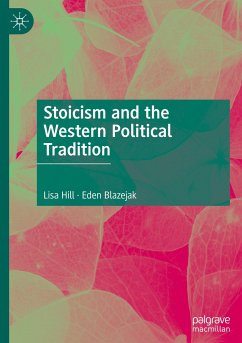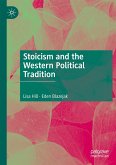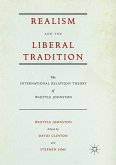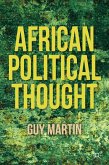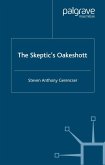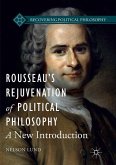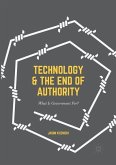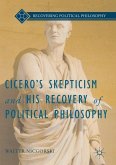This book uniquely recovers and assesses Stoic political thought by tracking its uptake into Western modernity and exploring the extent of its impact. Classical Stoicism has lately seen a popular resurgence inspiring self-help books and therapeutic treatments for anxiety and depression. As a scholarly source for the Western political tradition, it is even more important. Yet, as A.A. Long once observed: "[o]f all the ancient philosophies, Stoicism has probably had the most diffused" yet least "adequately acknowledged influence on Western thought."
This close textual study not only provides the first systematic study of the political content of Stoic thought but also establishes the hitherto under-appreciated influence of classical Stoicism on the political thought of the long eighteenth century and beyond in Europe and particularly Britain.
The Stoic ideas upon which we focus include their cosmopolitanism, their contribution tosociability and self-interest debates, their influence on modern feminism and utilitarianism, and their prefiguration of modern conceptions of personal rights.
This close textual study not only provides the first systematic study of the political content of Stoic thought but also establishes the hitherto under-appreciated influence of classical Stoicism on the political thought of the long eighteenth century and beyond in Europe and particularly Britain.
The Stoic ideas upon which we focus include their cosmopolitanism, their contribution tosociability and self-interest debates, their influence on modern feminism and utilitarianism, and their prefiguration of modern conceptions of personal rights.

